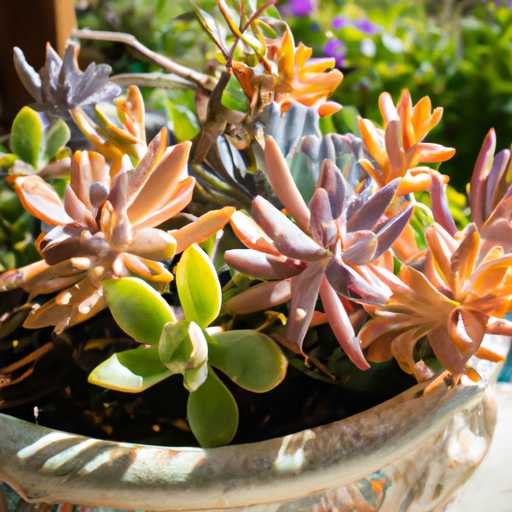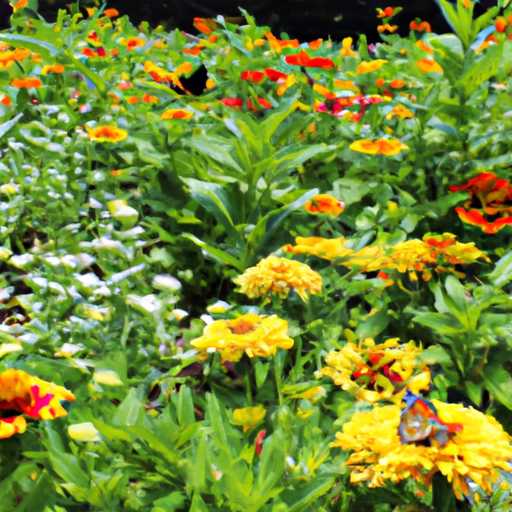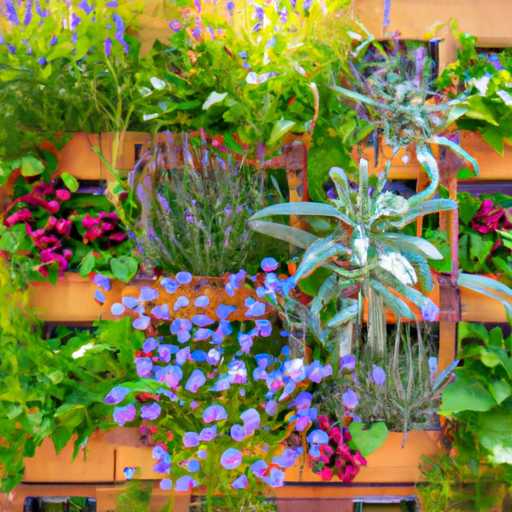Eco-Friendly Guide to Natural Pest Control in Your Garden
Discover effective eco-friendly pest control tips for maintaining a healthy garden without harmful chemicals. Perfect for organic gardeners and nature enthusiasts!
Eco-Friendly Guide to Natural Pest Control in Your Garden
When it comes to maintaining a vibrant and flourishing garden, pest control is a key concern for many gardeners. While chemical pesticides may provide quick solutions, they can also harm beneficial insects, wildlife, and the environment. If you're an eco-conscious gardener looking for sustainable ways to protect your plants, this guide will introduce you to unique, natural pest control techniques that not only safeguard your garden but also enrich it!Understanding Your Garden Ecosystem
Before diving into pest control methods, it’s essential to understand the ecosystem of your garden. A diverse range of plants invites various beneficial insects like ladybugs, bees, and predatory wasps that naturally keep harmful pests in check. By promoting biodiversity, you create a resilient garden that is less vulnerable to outbreaks.
1. Companion Planting
Companion planting is a natural technique that involves growing certain plants together to deter pests and enhance growth. For instance, planting marigolds amongst your vegetables can repel aphids and nematodes. Likewise, basil planted near tomatoes not only improves their flavor but also keeps pests at bay. Consider researching plants that benefit each other and strategically arrange them in your garden for optimal results!
2. Essential Oils as Pest Deterrents
Another creative solution is using essential oils. Oils like peppermint, rosemary, and lavender have strong scents that repel many pests. Mix a few drops of these oils with water in a spray bottle and apply them directly to affected plants. This not only keeps pests away but also leaves your garden smelling heavenly!
3. Homemade Insecticidal Soap
Insecticidal soap is a potent yet gentle way to target soft-bodied insects like aphids, spider mites, and whiteflies. You can create your own version by mixing a tablespoon of biodegradable soap or dish soap with a quart of water. Spray this mixture directly onto the pests every few days until they disappear. It’s safe for the environment and effective too!
4. Diatomaceous Earth
For a stronger barrier against pests, consider using diatomaceous earth, which consists of crushed fossilized algae. This natural powder is safe for human and pet contact but lethal to insects with exoskeletons. Dust a thin layer around the base of your plants to deter slugs, beetles, and other unwanted guests.
5. The Power of Natural Traps
Get creative with natural traps to lure and capture pests. For example, a simple funnel trap made from a bottle or jar can attract fruit flies. Fill the container with vinegar or a mix of sugar and water, then place it near infested areas. The sweet aroma draws them in, while the funnel shape makes it tricky for them to escape!
6. Encourage Beneficial Insects
Instead of solely focusing on eliminating pests, why not invite beneficial insects into your garden? Ladybugs are natural predators of aphids, while lacewings feed on pest larvae. You can attract them by planting flowers like dill, fennel, and yarrow, which provide them with nectar and habitats.
7. Neem Oil: A Natural Wonder
Neem oil, derived from the seeds of the neem tree, is a powerful natural pesticide and fungicide. It disrupts the life cycle of pests, effectively reducing their numbers without harming beneficial insects when applied properly. Mix neem oil with water and a few drops of liquid soap to create an effective spray!
8. Regular Monitoring
Keep an eye on your plants by regularly inspecting for any signs of pest activity. Early detection can make a significant difference in managing infestations. A quick walk through your garden can help you catch problems before they escalate and maintains a healthy environment for your plants.
9. Use Row Covers
Row covers are an excellent way to physically limit pest damage while allowing sunlight and rain to nourish your plants. Light fabric covers can protect seedlings from pests without blocking out essential nutrients. Just ensure you remove them once the plants grow to allow for pollination!
10. Share Your Success!
Finally, don’t forget to share your eco-friendly pest control tips and successes with fellow gardeners! Engaging with your community, whether online or locally, can provide fresh ideas and support as you cultivate your green space. Collaborating with others also sparks innovation and inspires more sustainable gardening practices.
Conclusion
By adopting these natural pest control methods, you not only protect your plants but also contribute to a healthier ecosystem. Embracing sustainable practices in your garden empowers you to grow a thriving space while caring for our planet. So gather your friends, roll up your sleeves, and get ready for an eco-friendly gardening adventure! Happy gardening!
Exploring the Joy of Succulent Gardening
Dive into the world of succulent gardening with tips, benefits, and starting points for beginners. Perfect for garden lovers looking for easy plants!

The Joy of Creating a Butterfly Haven in Your Garden
Discover how to create a butterfly-friendly garden with tips on plants, maintenance, and care to attract these beautiful creatures to your yard.

The Joy of Vertical Gardens: Tips and Tricks for Urban Greenery
Discover the art of vertical gardening in urban spaces with effective tips, techniques, and benefits of creating green walls in your home.